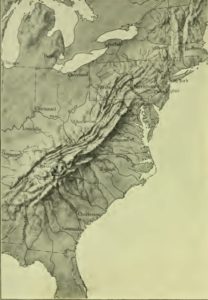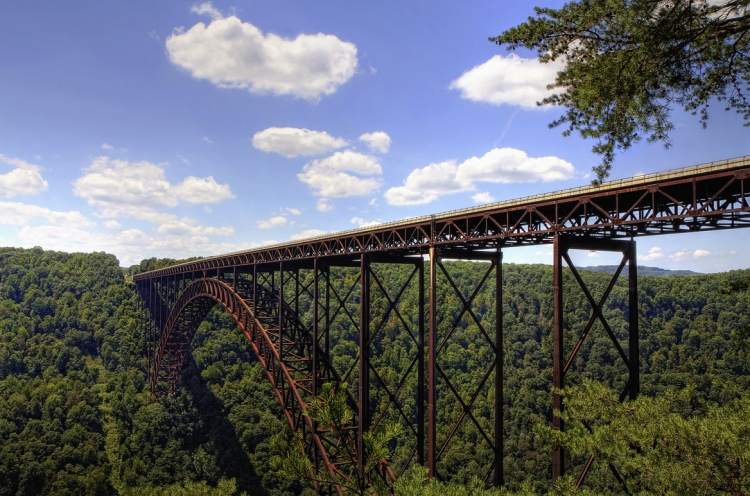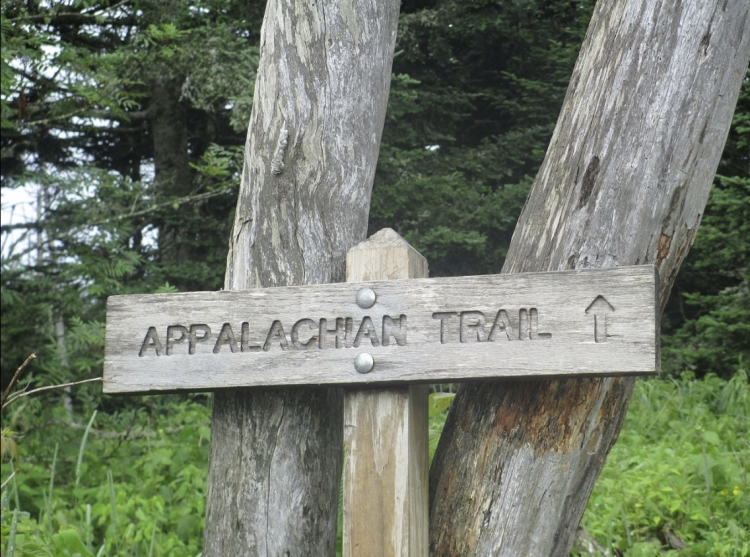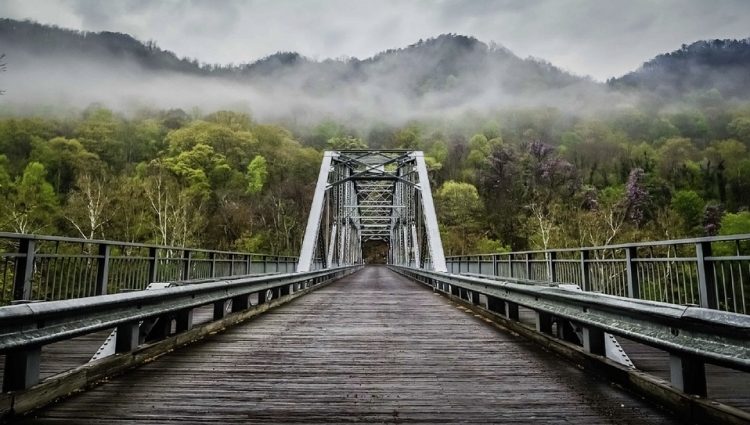I am genuinely amazed when outsiders view Appalachian people as nothing more than incestuous (or inbred), uneducated (or lacking), violent, “pillbillies,” (also here and here). To a good portion of people, we are poverty porn, and a host of caricatures. These views are psychologically brutal and personal. And we do feel them. Stereotypes wear us down and cause us to either be anaesthetized or “hotter’n blueblazes.”

We are seen collectively and, as a consequence, individually, through a distorted one-dimensional lens. Yet, I am so much more. We are so much more. Our people are multi-faceted, beautiful, colorful, and more unique than most other areas in the nation. We encompass a wide swath of this country, and, without our ancestors who pioneered westward, it’s likely that nothing west of Alabama would’ve been here. Our ancestors were Revolutionary War heroes who received acreage in this land as compensation for their heroism. To this day, our ancestors make up the greatest portion of volunteers and wartime draftees in history. Our ancestors sacrificed life as they knew it – land, living, connection – to make way for, in a few words, the TVA’s national power grid. Our region helped provide the essential training for the Labor Movement and the Civil Rights Movement in the Highlander Center, a place where civil rights activists like Rosa Parks and Martin Luther King, Jr. came to learn nonviolent resistance. I could go on and on and then some. And, though it would be nice to receive recognition or acknowledgement, we simply move forward, care for our families, our communities, ourselves, our lives, our lands.
Yet, something has been bothering me, gnawing at me, lately. Where are all these detractors and persecutors and lampooners when they watch a Quentin Tarantino movie or become awe-inspired by Chuck Yeager or listen to Dolly Parton songs? Where are these scoffers when they read Walker Percy, Thomas Wolfe, or Margaret Walker? And, for that matter, these detractors are oddly silent about the birthplaces of our more modern poets and writers: Nikki Giovanni, David Madden, Jon Meacham, and Fannie Flagg. Why didn’t they ever discuss the backwardness of Mary Lou Retton, Charles Barkley, or Reggie White? Have we heard them mock Five-Star General George Marshall’s upbringing in Uniontown, Pennsylvania? What about Sergeant Alvin York from Fentress County, Tennessee? The muteness is really quite stunning. I’m not implying that, in order to silence our faultfinders, we must become famous. What I am saying is that, by being born in or living in or claiming Appalachia, our famous persons make these detractors’ viewpoints a contradiction. It means one cannot paint Appalachian people with a broad brush. One cannot castigate a whole when praising one of the whole. In other words, this viewpoint is problematic. And, should this be the case, then the reasoning for criticism becomes pure out-and-out bullying.

What could resolve this problematic way of thinking, I believe, is to understand the Appalachian connections throughout our nation’s history. These connections are full of some pleasant (and, at times, not-so-pleasant) surprises that shine another light on the region. Let’s take some Tennessee connections for example:
- Mark Twain’s family spent a long time in Fentress County, Tennessee before moving to Missouri.
- Author Frances Hodgson Burnett, who wrote Little Lord Fauntleroy, A Little Princess, and The Secret Garden emigrated with her family to Knoxville and New Market, Tennessee.
- On a more ominous note, even Charles Manson had connections to Appalachia through Knoxville, Tennessee and Knotts County, Kentucky.
One may ask how Appalachian connections can help eliminate stereotypes and ridicule. I believe individuals in this country might find, through research and genealogy, that an Appalachian connection exists somewhere in one’s lineage, whether a great-great-great grandparent was born in the region, or an uncle so and so lived here for a time, or some famous person or novelist made an annual trip to the region. Once this information is compiled, it may very well be that about 70 percent of the nation finds a birth connection and another 25 percent finds a travel one. We inherit traits from our ancestors: gumption, labor, determination, appreciation, graciousness, love, joy, etc. Given that, it becomes more difficult to satirize a region where an ancestor’s hopefulness or propitiousness was born or found.
Appalachia Bare will feature the category, “Appalachian Connections,” where readers will be enlightened about a history or an anecdote that links persons with the region. Look for the first feature in our next post of Edward Francisco’s “Faulkner in Knoxville,” which discusses a little-known tidbit about Nobel laureate William Faulkner (who was born in New Albany, Mississippi and is, according to the Appalachian Regional Commision’s listing of counties, technically Appalachian).

**Featured Image: Fayette Station Bridge, West Virginia by “skeeze” – pixabay
